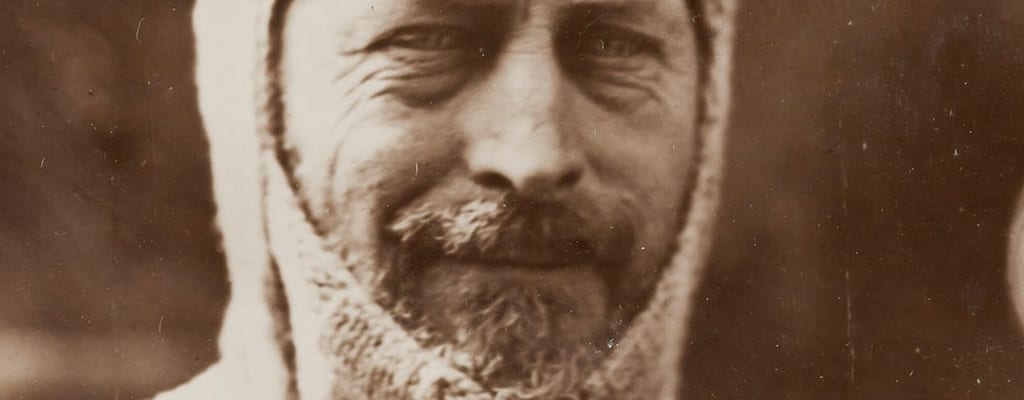back in the day: Idiom Meaning and Origin
What does ‘back in the day’ mean?
The idiom "back in the day" refers to a period in the past, usually recalling a time that is considered nostalgic or memorable by the speaker. It is used to refer to a time when things were different or to reminisce about past experiences.

Idiom Explorer
The idiom "good old days" refers to a nostalgic longing for a past period of time that is remembered as better or more enjoyable than the present.
The idiom "days of yore" refers to a past time, often with nostalgia, when things were different or better. It is used to evoke memories or romanticize a bygone era.
The idiom "behind the times" means to be outdated or not keeping up with current trends or technology.
The idiom "behind its time" means that something is outdated or not keeping up with current trends or advancements.
The idiomatic phrase "before someone's time" means that something happened or existed before a particular person was born or became aware of it.
"Before it was cool" is an idiom used to express having done something or liked something before it became popular or trendy.
The idiom "ancient history" is used to refer to something that happened a long time ago and is no longer relevant or important in the present.
Unraveling Time's Secrets
The idiom "back in the day" is a widely used expression in the English language. It is often used to nostalgically refer to a past time, whether it be the speaker's personal history or a particular era. This versatile idiom is commonly found in informal conversations and is more commonly used in spoken language than in formal writing.
Believed to have originated in African American Vernacular English (AAVE), "back in the day" has since become a popular expression in various English-speaking communities. It is used to reflect sentimentally on a previous time period, evoking a sense of longing or fondness for the past. The idiom can be used in a variety of contexts, from sharing personal stories to making cultural references.
The origins of "back in the day" are difficult to pinpoint due to its colloquial nature. It gained popularity in the late 20th century, especially in the United States. This informal phrase is deeply connected to a specific cultural context, making it challenging to determine its precise beginnings.
"Back in the day" can encompass both recent and distant periods in the past, depending on the speaker's point of reference. It is commonly used to create a shared sense of nostalgia or to highlight the differences between the present and the past. The idiom can also imply a longing for authenticity or convey the belief that things were better or simpler in the past.
While "back in the day" is widely understood by English speakers, it's important to note that it is an informal expression and may not be appropriate for all contexts. In formal writing or professional settings, alternative phrases such as "in the past" or "historically" may be more suitable.
Related to the idiom "back in the day" are several other idioms that share similar nostalgic connotations. These idioms include "way back when," "days of yore," "good old days," "back in," and "ancient history." Each of these idioms contributes to the overall notion of a past and is often used interchangeably with "back in the day" in informal conversations.
"Way back when" refers to a time that occurred even further in the past than what is typically meant by "back in the day." It emphasizes the idea that the referenced time period is ancient or distant. This phrase is often used to provide context or contrast to the present.
"Days of yore" is a poetic and whimsical idiom that refers to a long-gone era, typically associated with a sense of romanticism. It suggests a time of chivalry, knights, and castles, evoking a mystical or fairy tale-like quality.
"Good old days" is a phrase often used to express fondness or nostalgia for a previous time that is considered to be "better" or more enjoyable than the present. It implies that the past was a simpler, happier, or more carefree time.
"Back in" is a versatile phrase that can precede different nouns or time frames to indicate a specific period in the past. For example, someone might say, "Back in my school days" or "Back in the 90s." This use of "back in" is similar to "back in the day" as it creates a sense of nostalgia or reflection on an earlier period of time.
"Ancient history" is an idiom that emphasizes the immense age and remoteness of a particular event or time period. It is often used to dismiss or downplay the significance of something that has happened in the past, suggesting that it is no longer relevant or worth discussing.
The idiom "back in the day" is a widely recognized expression that refers to a past time. It originated in African American Vernacular English and has since become a common part of everyday language. While its exact origins are unclear, its popularity and nostalgic connotations have made it a recognizable phrase in contemporary English. However, it is important to note that its informal nature and specific cultural associations should be considered when using it in different contexts. Alternative phrases may be more appropriate in formal writing or professional settings. The related idioms "way back when," "days of yore," "good old days," "back in," and "ancient history" all contribute to the overall concept of the past and can be used interchangeably with "back in the day" in informal conversations.
Example usage
Examples of how the idiom "back in the day" can be used in a sentence:
- "Back in the day, people used to rely on written letters to communicate with each other."
- "Back in the day, kids would spend hours playing outside without any electronic devices."
- "Back in the day, there were no smartphones, so people had to rely on public phone booths to make calls."
The idiom "back in the day" is commonly used to refer to a time in the past, often when comparing it to the present. It is used to reminisce about a previous era or to highlight how things have changed since then. The phrase implies a sense of nostalgia or a desire to reflect on earlier times. It is often used in casual conversation or storytelling to evoke a sense of the past.
More "Nostalgia" idioms



